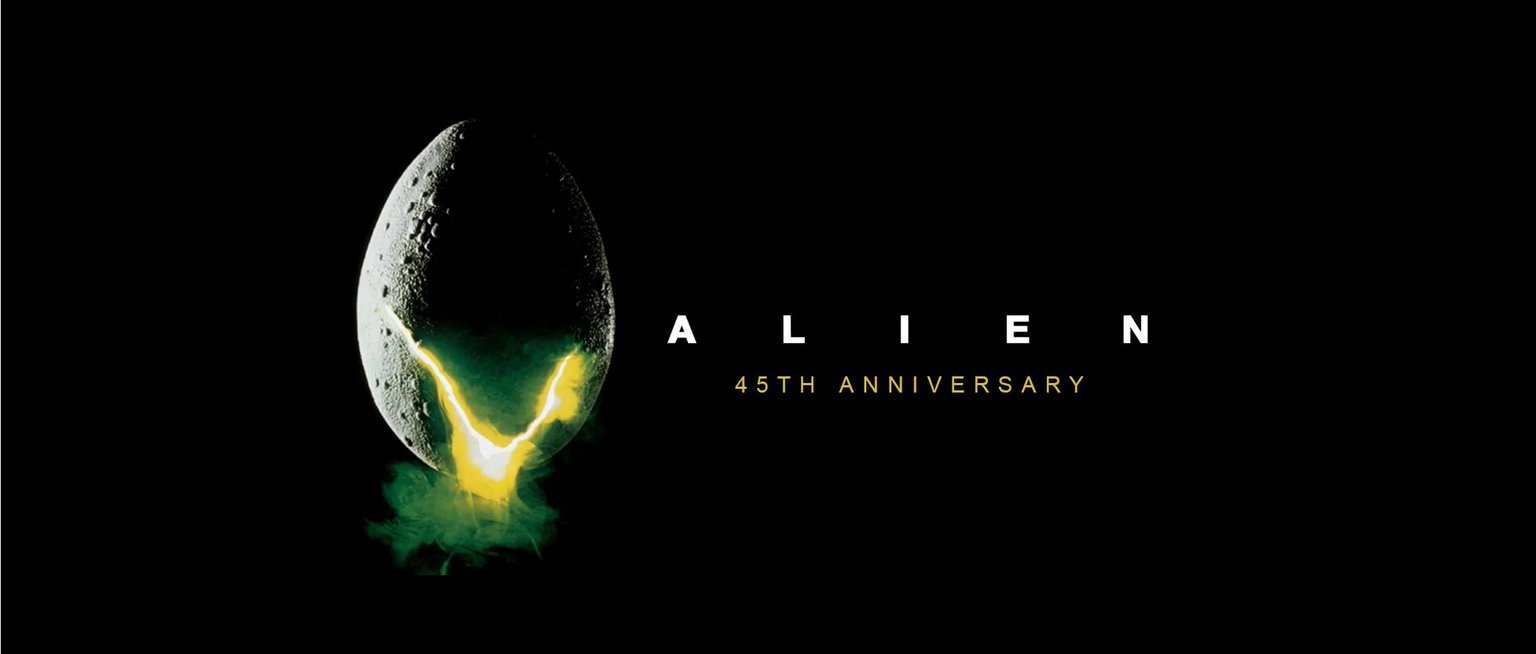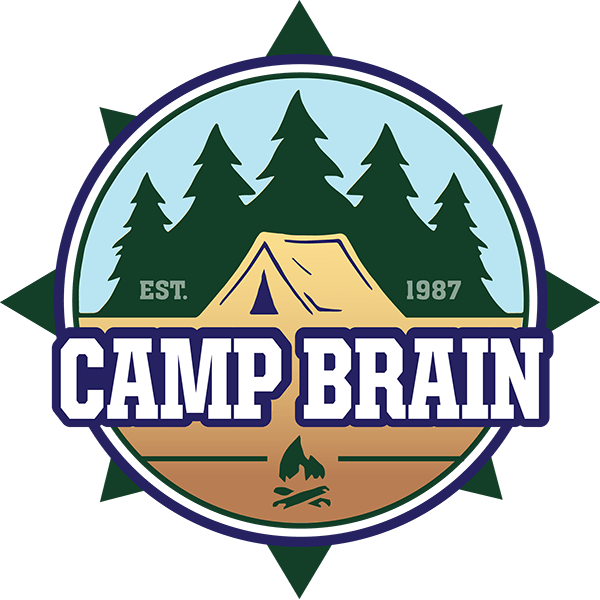For Dr. Sabrina Bonaparte, Policy is Personal
By Ed Roth
Meet Dr. Sabrina Bonaparte, the newest member of the USBIA Public Policy Committee. In addition to this national role, she keeps busy in Washington state as Chair of the Board of Directors and public policy committee member for the Washington Brain Injury Alliance. She also hosts the podcast Brain Injury Today. Her commitment to the cause of promoting awareness of brain injury diagnosis and treatment is both professional and personal.
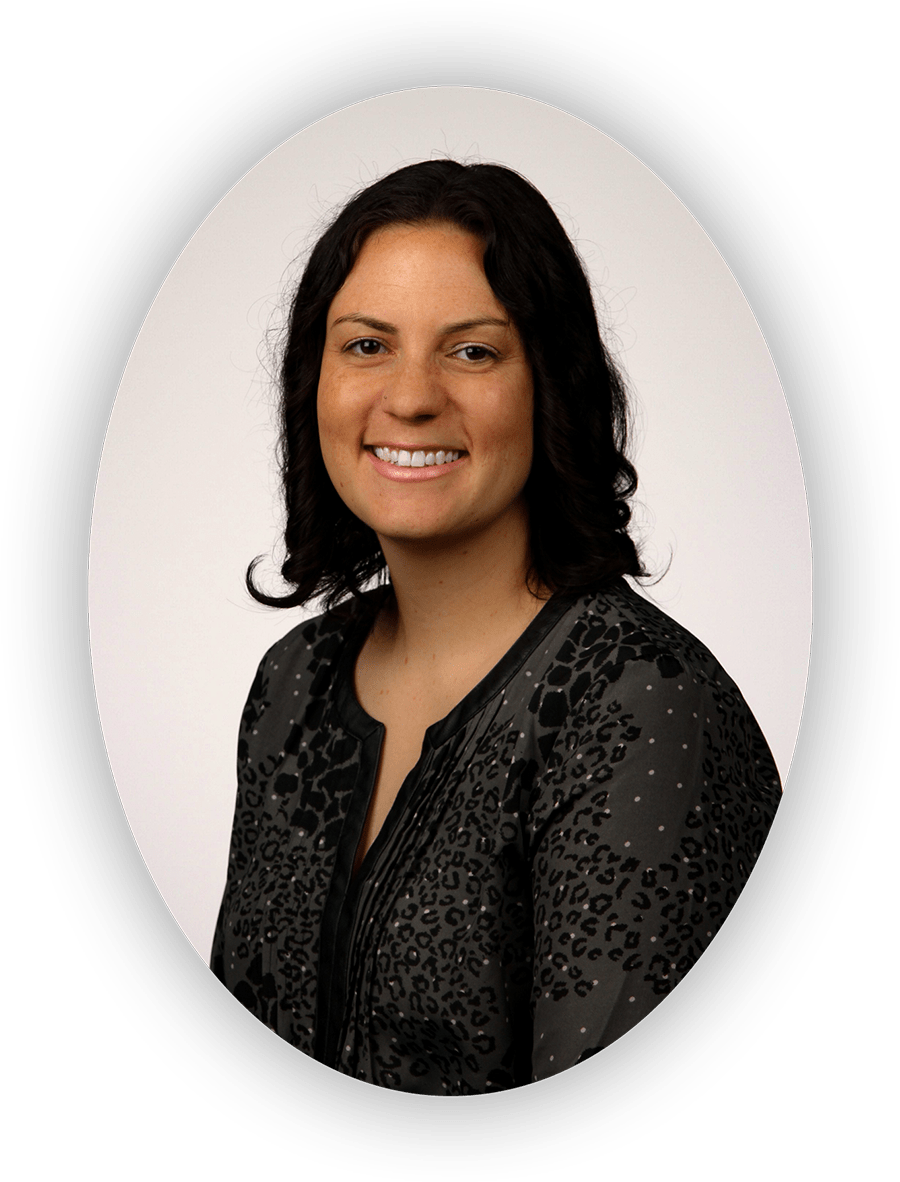
“I will always take the time to talk to anyone who is either a caregiver or a brain injury survivor, and I want to offer whatever advice I can.”
For Dr. Sabrina Bonaparte, Policy is Personal
By Ed Roth
Meet Dr. Sabrina Bonaparte, the newest member of the USBIA Public Policy Committee. In addition to this national role, she keeps busy in Washington state as Chair of the Board of Directors and public policy committee member for the Washington Brain Injury Alliance. She also hosts the podcast Brain Injury Today. Her commitment to the cause of promoting awareness of brain injury diagnosis and treatment is both professional and personal.



“I will always take the time to talk to anyone who is either a caregiver or a brain injury survivor, and I want to offer whatever advice I can.”
Dr. Bonaparte attended the University of Washington, where she earned her PhD in Sociology. She currently works as a Business Program Manager at Microsoft.
Her introduction to the Brain Injury Alliance began on July 25, 2013, when her husband Brandon was hit by a car while riding his bicycle home from work. She recalls, “He sustained multiple injuries, required facial reconstruction surgery, and a brain injury. Due to the severity of his facial injuries, not much attention was paid to his brain injury, so I was sent home with a one-page sheet explaining what brain injury was.
“Once his face started to heal, I noticed many of these symptoms listed on the sheet were what I was seeing from him. I decided to do more research online and discovered the Brain Injury Alliance of Washington. Just three months after his accident, I got him connected with a support group. We’ve been involved with BIAWA ever since, and I joined the Board of Directors in 2018.”
Dr. Bonaparte continues to be a caregiver for Brandon. Although he had a “mild” TBI (he never lost consciousness), the effects remain, as do the challenges.
“Early on, he had an HMO [insurance] plan through work; his doctors were not knowledgeable about TBIs and were not helpful about things such as timelines to return to work. This led to confusion for him, me, and his employer. He also didn’t receive adequate care his first six month,” she recalls. Once she was able to switch his insurance plan, he received top-notch care from physicians at the University of Washington, who also helped her become a better caregiver.
Their frustrations echo that of many brain injury survivors and their caregivers. “More recently, [my husband] has experienced ableism and discrimination in the workplace. After this traumatic experience, I wanted him to work with a vocational therapist to get proper documentation on his brain injury and accommodations he may need. I also wanted to help him overcome some of the new obstacles he faced after switching his career from teaching in-person to a hybrid teacher-program manager role.
“I found that many service providers do not know how to provide adequate care for someone who is almost 10 years out from his accident,” Dr. Bonaparte says. “Eventually, I was able to find him the help that he needed, but only after months of back and forth with several providers.”
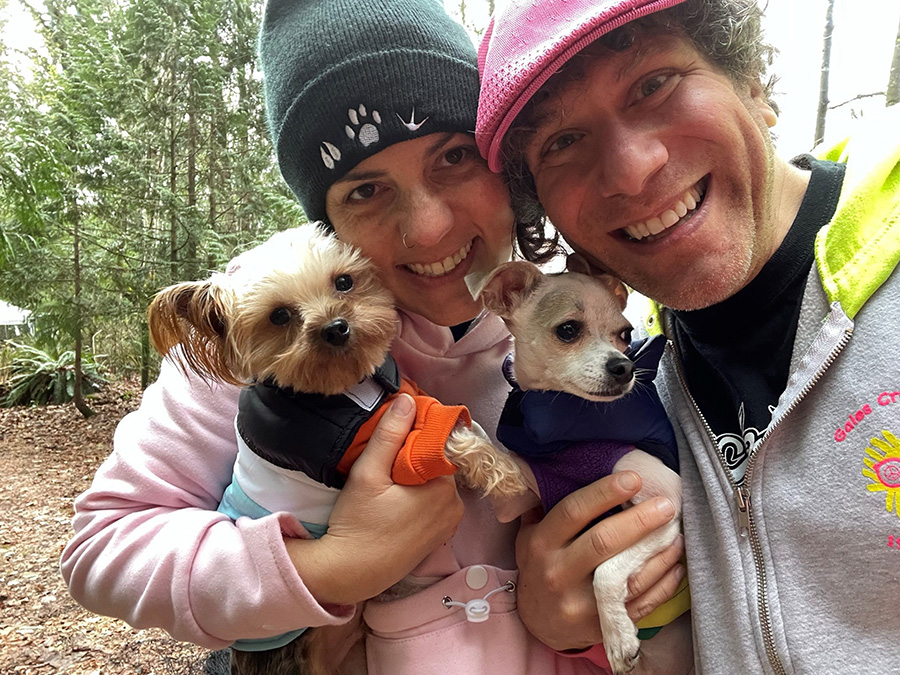

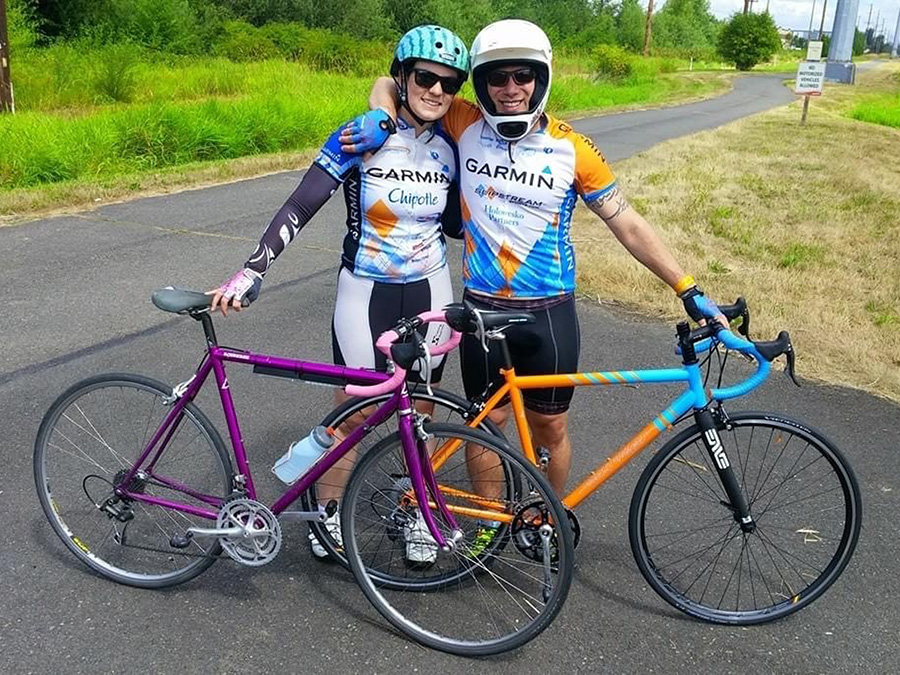

Now, as a member of the policy committee, she can be an even greater advocate for many in similar situations. Sabrina cites their involvement with the passage of the Lackery Lystadt Law and Tommy Manning Act, both of which preceded her.
“More recently, we participated in a hearing with the King County Board of Health where the law requiring mandatory bicycle helmets for riders over 16 was on the table. While we lost the vote, and the law was repealed, I was struck by our partnerships with lawyers, physicians, researchers, and others who came together to provide evidence-based research in support of helmet use.”
She states that the fight is far from over, and they’re dedicated to educating the community on the importance of wearing a helmet while riding a bicycle. “I obviously have a personal connection to this issue as well, so even though the law was changed, I’ll continue to advocate for helmet use.”
This passion can also be seen in her commitment to helping other caregivers by providing advice based on her experiences. “I will always take the time to talk to anyone who is either a caregiver or a brain injury survivor, and I want to offer whatever advice I can.”
Last year, she helped edit the book, Understanding Traumatic Brain Injury: A Guide for Survivors and Families written by her colleague and fellow Board member, attorney Richard Adler. “I advocated for a larger section related to caregivers and that request was granted. I always apply the caregiver lens into everything I do related to brain injury,” shares Dr. Bonaparte
USBIA Public Policy Co-Chair Tom Grady and Brain Injury Alliance of Arizona CEO Carrie Collins-Fadell have high praise for Dr. Bonaparte. “When working as a family though all the things that are involved in living well and aging with a brain injury, advocacy can fall to the bottom of the to-do list,” Grady says. “However, with the reality of the dire situation that funding for research and community supports across the nation is in, nothing is going to change without the involvement and voice of those living every day with the impact of brain injury.”
Collins-Fadell concurs that lack of recognition for the invisible disability of brain injury is an ongoing issue. “When it comes to nationally funded research, traumatic brain injury receives the least amount of funding compared to disease categories,” she says. “Working at the Capitol in Washington state and now on the Hill in D.C., Dr. Bonaparte’s voice will be a powerful weapon for advancing the resources and attention brain injury and brain health issues require.”
ABOUT BRAIN INJURY ALLIANCE OF ARIZONA
The Brain Injury Alliance of Arizona (BIAAZ) is the only statewide nonprofit organization dedicated to improving the lives of adults and children with all types of brain injuries through prevention, advocacy, awareness and education. BIAAZ also houses the Arizona Brain Health Resource Center, a collection of educational information and neuro-specific resources for brain injury survivors, caregivers, family members and professionals.
What began in 1983 as a grassroots effort has grown into a strong statewide presence, providing valuable life-long resources and community support for individuals with all types of brain trauma at no charge.
The Brain Injury Alliance of Arizona:
- Works with Congressional Brain Injury Task Force
- Houses Arizona Brain Health Resource Center
- Hosts Statewide Opioid Use Disorder & Cognitive Impairment Workgroup
- Has Statewide Opioid Use Disorder & Cognitive Impairment Response team with peer support, training, and family wraparound services
- Facilitates Brain Health Advisory Council
- Manages statewide Neuro Info-Line: 888-500-9165




